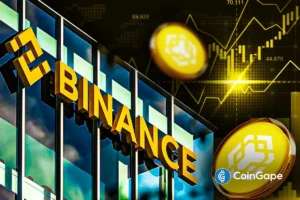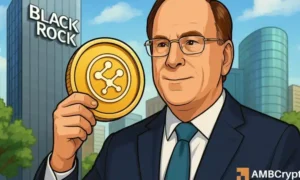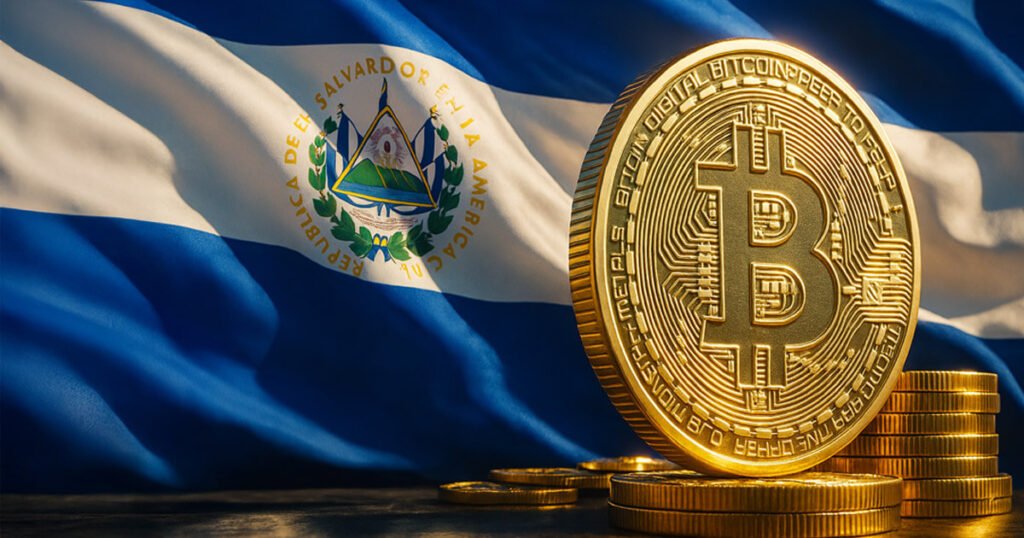El Salvador’s Bitcoin Strategy: IMF’s Concerns and Government’s Resilience
In recent developments, the International Monetary Fund (IMF) has reiterated its position on El Salvador’s Bitcoin holdings, urging the Central American nation to maintain its current reserves. In a statement released on May 27, the IMF warned that government-owned Bitcoin wallets should not increase their BTC reserves. Additionally, the organization called for a complete disengagement from the Chivo wallet by the end of July. This directive is part of a strategic initiative associated with a $1.4 billion loan agreement that could potentially unlock $120 million for the country, contingent on meeting specific policy conditions.
The IMF has stressed the importance of adhering to policy commitments related to digital currencies, particularly Bitcoin. This call for restraint follows a staff-level agreement which aims to stabilize El Salvador’s economy amidst its ongoing engagement with cryptocurrency. The IMF’s chief concern is that increasing Bitcoin reserves could jeopardize the financial integrity of the country and dilute the robustness of the proposed financial reforms. The final approval of the loan depends not only on the compliance with these recommendations but also on a thorough assessment by the IMF executive board.
Despite this external pressure, El Salvador has continued its bold embrace of Bitcoin. Recently, reports indicated that the government has aggressively added to its Bitcoin holdings, acquiring at least eight additional BTC in just one week. Currently, El Salvador’s national Bitcoin office confirms a total of nearly 6,190 BTC, equivalent to over $674 million at current market prices, and reflecting unrealized profits exceeding $200 million. This assertive accumulation underscores President Nayib Bukele’s determination, framing cryptocurrency not just as an investment, but as a cornerstone of economic policy.
President Bukele has remained resolute in his defense of Bitcoin, downplaying the IMF’s recommendations and emphasizing the perceived economic advantages of a BTC-based strategy. He believes that Bitcoin has the potential to revolutionize the country’s financial landscape. This confidence is echoed by Stacy Herbert, the head of the Bitcoin office, who stated that the government is in the process of constructing a robust legal and financial infrastructure to attract international capital. Herbert’s vision includes the establishment of the world’s first Strategic Bitcoin Reserve, aimed at positioning El Salvador as a leader in cryptocurrency adoption.
Furthermore, despite international skepticism, Bukele’s administration insists that Bitcoin has already generated significant economic benefits. The government’s position reflects a commitment to not only retain its current holdings but also to develop a framework that encourages aggressive accumulation of Bitcoin assets. This stems from a broader strategy to revitalize the local economy while aiming for long-term growth through innovative financial mechanisms.
In conclusion, El Salvador’s relationship with Bitcoin continues to captivate attention on the global stage. The IMF’s insistence on limiting Bitcoin reserves contrasts sharply with the government’s unwavering commitment to expanding its digital assets. As the country navigates fiscal challenges and strives to balance external pressures with its ambitious cryptocurrency agenda, the outcome remains uncertain. However, one thing is clear: El Salvador is committed to its Bitcoin experiment, aiming for a financial renaissance through the power of cryptocurrency. The next few months will be crucial as the nation adapts to the complexities of this financial landscape while striving to meet its international obligations.

















